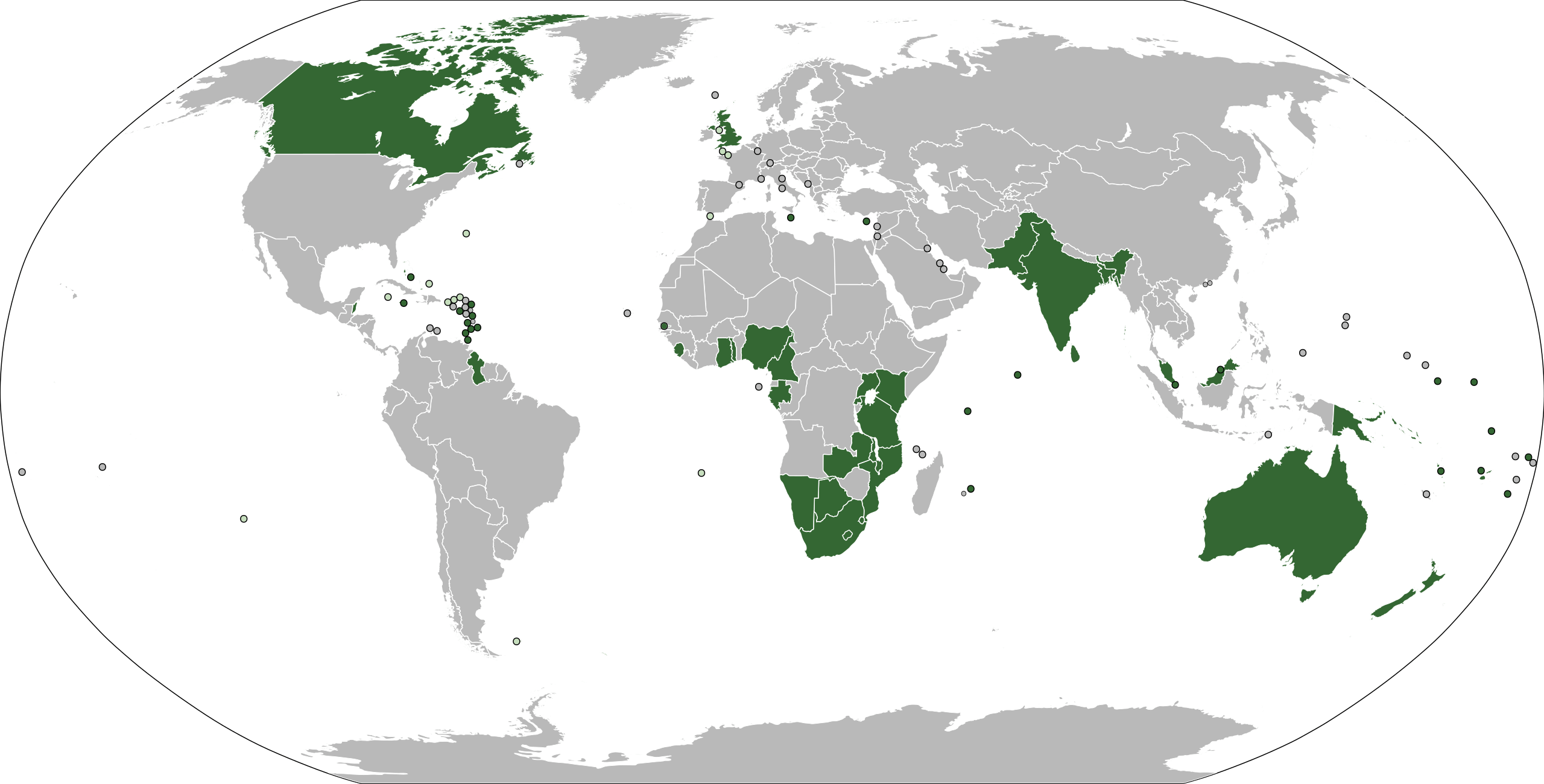31 Commonwealth nations still have laws against gay sex
Colin Stewart is a 45-year journalism veteran living in Southern…
In the past seven years, the Commonwealth’s anti-LGBT tally has dropped from 39 to 31

The following 31 Commonwealth nations still have anti-homosexuality laws — roughly three-fifths of the group’s total of 56 nations. Worldwide,66 countries still cling to such anti-homosexuality laws.
About half of the world’s laws against same-sex intimacy can be traced back to laws that were imposed by the British on their colonies. Almost all Commonwealth countries formerly were part of the British Empire.
These are the latest changes among Commonwealth nations with such laws, which had totaled 39 as of early 2016:
-

A lawsuit by Abdool Ridwan Firaas (Ryan) Ah Seek in Mauritius led to the Supreme Court ruling that overturned the nation’s anti-LGBT law in early October 2023. (Photo courtesy of 5plus) The Supreme Court of Mauritius on Oct. 4, 2023, overturned the law against consensual sexual intercourse between men.
- The Barbados High Court struck down the nation’s anti-gay law in December 2022.
- The Singapore parliament voted to decriminalize homosexuality in November 2022.
- In August 2022, the Eastern Caribbean High Court struck down laws criminalizing same-sex intercourse in the the nation of St. Kitts and Nevis.
- tIn July 2022, a high court overturned the anti-buggery provisions of the Sexual Offences Act of the Caribbean nation of Antigua and Barbuda.
- Togo, a former French colony, joined the Commonwealth in 2022. Its penal code calls for prison sentences of one to three years for same-sex intimacy.
- In June 2019, Botswana‘s High court overturned that nation’s colonial-era anti-LGBT laws.
- Maldives retained its anti-gay law, but left the Commonwealth in October 2016. In November 2018, it decided to return.
- In April 2018, Trinidad‘s High Court overturned that nation’s sodomy law.
- The Gambia has so far retained its anti-gay law, despite having elected a less anti-LGBT leader in 2016. It has now rejoined the Commonwealth.
- In September 2018, India‘s Supreme Court overturned the country’s sodomy law, although in October 2022 the same court refrained from accepting same-sex marriage, saying that such an action would need to come from parliament.
- May 2016, Seychelles repealed its anti-gay law, as did Nauru.
- In August 2016, the Supreme Court in Belize overturned that nation’s anti-sodomy law as applied to consensual sex.
The following list includes links to this blog’s coverage of the 31 Commonwealth nations with anti-LGBT laws:
Africa
- Cameroon
- Gambia
- Ghana
- Kenya
- Malawi
- Namibia
- Nigeria
- Sierra Leone
- Swaziland/Eswatini
- Tanzania
- Togo
- Uganda
- Zambia
Lesotho was formerly on the list, but it has adopted a new Penal Code that apparently eliminates the nation’s former common-law crime of sodomy.
Asia
- Bangladesh
- Brunei
- Malaysia
- Maldives
- Pakistan
- Sri Lanka (See the article “President of Sri Lanka won’t oppose repeal of anti-gay law — maybe” — September 2022)
Americas
Oceania
Former member of the Commonwealth
- Zimbabwe — formerly part of the British Empire — has maintained its anti-homosexuality laws but withdrew from the Commonwealth in 2003.
Related articles
- 66 countries where homosexuality is illegal
- 1000s who died in anti-gay, anti-trans attacks (updates)
- 100s are in prison for being gay
- 14 nations have death penalty for gay sex; 5 carry it out
- 21 varieties of traditional African homosexuality





